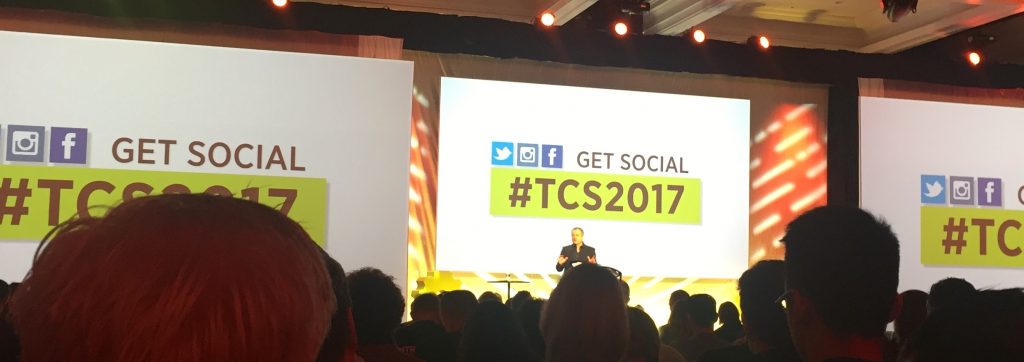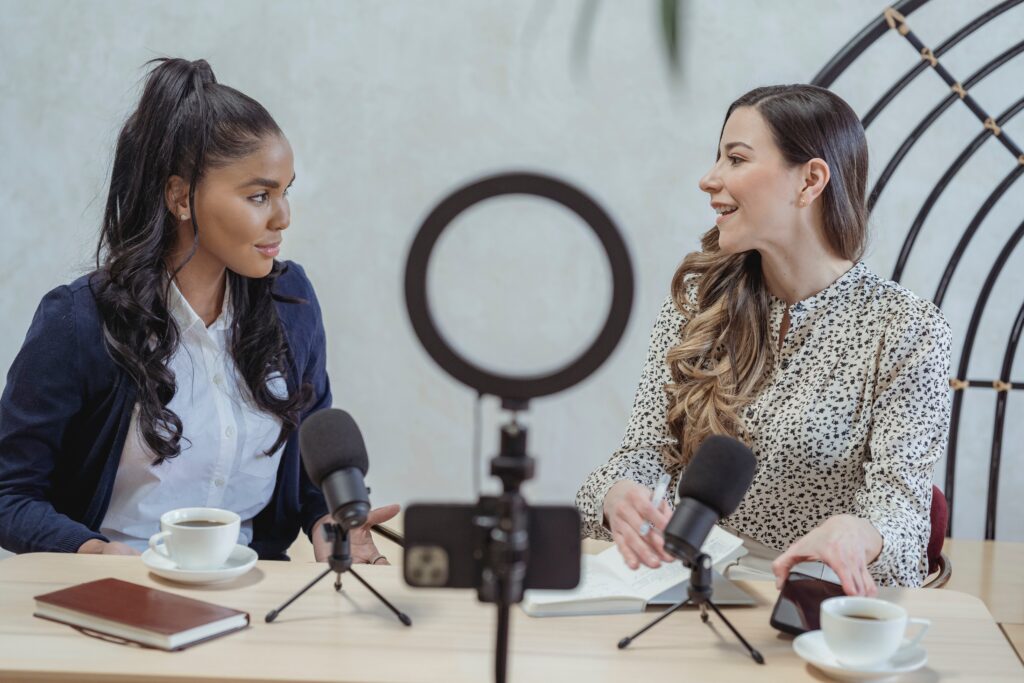I recently was thrust unexpectedly and unwillingly back into the world of dating.
As someone curious about human psychology, it’s been a fascinating gift of content and anthropologic insight. But as a human being with thoughts, feelings, needs, and wants – especially one conditioned as a cishet female – it is horrible.
The actual dating part is not as bad as the commentary around the dating. So many people in my orbit have opinions about who I should date, why, when, where, and how. And the assumptions about what I need and want – and my motivations – are exhausting.
I feel 16 again and not in a good way. I hated being 16. I valued what other people thought of me over what I thought of myself. I traded in my integrity for social assimilation.
I was conditioned to deny the authentic parts of myself because those things made me (whispers) disagreeable.
Part of why I started writing on the internet was to reclaim the parts of me the world had determined were disagreeable. Difficult. Judgy. Unaccommodating. Inconvenient. Too much.
I see my old conditioning coming out now with dating. I start to want to be liked before asking myself: Do I like you?
If the answer is a resounding NO, I’m told I “rush to conclusions,” and “need to give him a chance,” “lower your standards,” be more realistic.
The nice thing about being not-16-anymore is that I can confidently say:
Nah, bro.
You’re confused.
I am being clear. Explicit. I do not like that behavior. I did not enjoy that joke. I do not believe this person wants the same things as me. I do not like this person. I do not care if they like me. I do not care if he is “nice.”
Turns out, I was also clear when I was 16, only it was beaten out of me. I was taught to assume others knew me better than I knew myself. Taught I should not trust my own mind or instincts. Taught to deceive, trick, and trap men.
I have always been able to open my own jars, put my own luggage up on an airplane, kill spiders, and change my own car oil. I was never “offended” by jokes, I just didn’t know how to say (nicely): You, sir, are not funny. I thought “speaking my mind” was playfully disagreeing about someone’s taste in music while maintaining my status as being hot and likable.
The TERROR I felt at letting it be known that I was smart, capable, and not always attractive – was palpable. I kept those truths on lockdown for fear of offending the men (and women) around me. To make sure they felt needed. And that I felt safe.
Today, I’m again being told I cannot (and should not) trust my instincts about someone. “Give them a chance.” “You don’t know,” “You can’t judge a book by its cover.”
This has been made all the worse by being divorced. People don’t believe your judgment has any merit. I’m supposed to participate in self-deprecating humor about my taste in men and “failed” marriage. But I don’t have a problem with who I chose nor do I concede my marriage failed. I am proud of my partnership and what I built with a man I loved. It’s not my shame that people feel, it’s their own.
Still, the comments continue: “Don’t judge a guy by just four photos, Margo, come on. You’ve been out of the game a long time. This is just how it is.”
Friends. The entire premise of the online dating game is to judge based on photos and small talk. That’s the PREMISE. Do not hate the player, hate the game.
What’s hiding behind the accusations lobbed at me for being difficult is a simple uncomfortable truth: I know what I want.
And I will not compromise on those things.
What is being received as “judgmental” is actually power. The power of my saying NO. No, thank you. No, I do not like this conversation. No, I am aware I do not like you. No, I will not meet at 9PM. No, I do not want to go out with you again. No, I do not want this. No, I know myself.
More than making me disagreeable it makes me (whispers) unlikeable.
Which is why I felt TERROR as a teen. The cardinal sin for cishet women (all women, really) is to be unlikeable. Your comfort is more important than mine. That is The Rule. Break The Rule and get maimed with a smear campaign. She is difficult, judgy, disagreeable, angry, mean, snooty, bitter, a b*tch.
Maybe.
Also possible, you’re boring. Also possible, we just don’t have chemistry or shared interests. Also possible, I know myself. Also possible, you want me to play a role I refuse to play: Dumb, fawning, quiet, and beautiful.
I am only one of those things 😉
I felt a lot of self-consciousness around all of this until I read Roxane Gay’s essay Not Here to Make Friends a few years ago. The essay examines “unlikable” female characters in literary critiques and what that actually means.
From page 95: “This is what is so rarely said about unlikable women in fiction – that they aren’t pretending, that they won’t or can’t pretend to be someone they are not. They have neither the energy for it nor the desire. They don’t have the willingness of a May Welland to play the part demanded of her.”
I’d never heard anyone say it like that before.
I had never seen a woman not play a part. Not in real life.
Gay continues, “In Gone Girl, Amy talks about the temptation of being the woman a man wants, but ultimately she doesn’t give in to the temptation to be ‘the girl who likes every f*cking thing he likes and doesn’t ever complain.’ Unlikable women refuse to give in to that temptation. They are, instead, themselves. They accept the consequences of their choices, and those consequences become stories worth reading.”
I would like to write you stories worth reading. And the consequences of that are grave and real. It’s why it’s not so simple to tell a woman to have “better boundaries.” We have a lot to lose when we step into ourselves and our power. When we begin to take up space. It’s not just social standing that is lost, but our safety. Because for most of human history, being likable by being dumb, quiet, fawning, and beautiful kept us safe.
For the last few centuries, women were blocked from having any real legal, financial, or biological power. To stay safe we developed a different system. One where our currency is proximity to power, which we win through gossip, agreeableness, and beauty. When you have no real power, you must resort to other means of securing safety.
Up until the seventies women could not have a credit card. A few years before that you could be fired if you had a job while married. A few decades before that we didn’t have rights to our children. We couldn’t own property. We couldn’t vote. And I’m mostly referring to white women here. If you were Jewish, Black, Latina, or anything non-white it was worse.
“But it’s different now!”
Yes, laws are different, but we have a long way to go. We still don’t believe women. One in four women is sexually assaulted and we still wonder what she did to deserve it (exist, the answer is she exists). We still cling to outdated and scientifically recanted gender norms (ex: “maternal instinct” is not a thing + men can and should cry (please cry, it will help)). Customs and social norms remain. And so does the terror. What we pass down from grandmother to mother, mother to daughter, is a system of safety and protection. It’s not intended to uphold patriarchy, though it does. It is intended to teach our loved ones how to exist within a patriarchal system without getting killed.
The TERROR I felt as a young woman was real. Beauty, agreeableness, and social standing are life and death in my bloodline. You should hear the vitriol with which my immigrant grandmother discusses weight. To be unattractive is a sin on par with murder. That’s not a position she arrived at from vanity. It’s a position she arrived at from necessity. From being in a world in which her worth, value, security, and upward mobility came from how she appeared. And whether The Right Men liked her and approved of her. It’s how she stayed safe.
I benefited from that point of view. Right or wrong, I’m the beneficiary of her choices. I have the freedom to sit here in this coffee shop in my athleisure and makeup-less face because she was able to “secure a man” who provided “financial stability.” Her ascension up the social ladder made it possible for my mother who made it possible for me. My grandmother lived in a time when you could not go to the movies without a chaperone. I live in a time where it’s considered emasculating if your wife makes more money than you. Same problem, different presentation.
I think a lot about Gay’s essay because before I read it, I didn’t know I placed “being liked” above, well, everything. Above my self-respect, my voice, my values, my opinion, and my integrity. I needed you to like me in order to feel safe. And I came by that feeling naturally.
Women saying no and speaking up is viewed as a threat. An attack. And in some ways it is. It disrupts a system intent on keeping us doting, fawning, quiet, and beautiful. And distracted by being competitive with one another.
The louder I get on this subject, the more intensely I am scrutinized. “You’re just bitter.” “Well, yah, no guy wants someone dressed like that. I mean you could try a little harder.”
We are trained in trapping men by becoming what they want. I was trained to know a little cleavage, makeup, and feigning interest in golf go a long way. I’m curious why no one wants to know what we want. Your wants, needs, ideas, opinions, thoughts, and experience should matter to the person you’re partnered with.
I remember the look on a friend’s face when I informed her she was entitled to orgasms while dating. Apparently no one had told her she was allowed to demand more and better from her partner. That she is not difficult for desiring. The sitcom cishet caricature of “all women hate sex and men want it all the time” is scientifically inaccurate. But forget the science, how about the simple fact that: Your pleasure matters. Your experience matters. YOU matter.
I’m not stating anything revolutionary here.
What’s striking to me and why I’m writing this is how affected I still am by my own indoctrination. After all these years and lived experience and books and degrees, my default assumption is to ask “What is wrong with me?” before I look around and see that perhaps the answer is nothing.
If you haven’t, get yourself a copy of Bad Feminist (start with the TED talk) and corrupt yourself into being an emancipated woman who deigns know her own mind. That appears to be the most seditious threat to this system we are all trapped in (that and joy and rest). The men are trapped too. It’s a different trap, but still trapped.
I reject the notion that I am like the bitter, angry, man-hating, intimidating women before me. I love men (I mean it, y’all are not the enemy. In fact, we need you. Just not in the way you think we do). I’m simply asking that men love us back. And not for what we can do for you (make you feel needed, caretake, make babies, impress your boss, provide eye candy and social lubrication) – but as autonomous humans who are separate from you.
Whose needs, wants, feelings, and ideas are inconvenient and unaccommodating and too much.
Not because they are difficult.
But because they exist.




